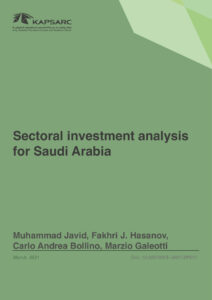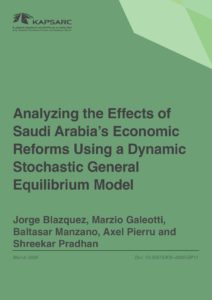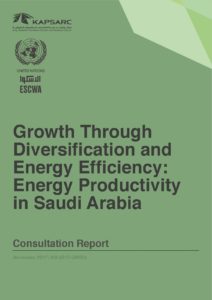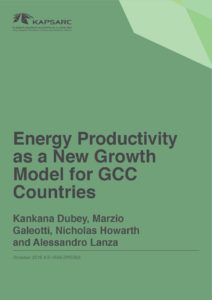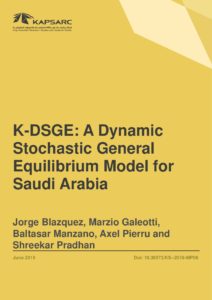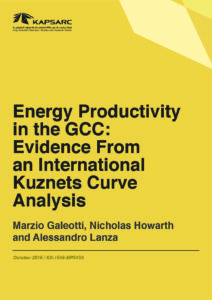Marzio is professor of Environmental and Energy Economics at the University of Milan and a visiting researcher at KAPSARC. He graduated from Bocconi University in Milan and holds a M.Phil. and a Ph.D. in Economics from New York University. He is a research fellow at the Center for Research on Energy and Environmental Economics and Policy (IEFE) at Bocconi University. Founder and first president of the Italian Association of Environmental and Resource Economists, he has been an expert reviewer of the Intergovernmental Panel on Climate Change (IPCC) Third, Fourth, and Fifth assessment reports for Working Group III on and the coordinator of the Climate Change Modelling and Policy research program of the Fondazione Eni Enrico Mattei in Milan. He has published extensively in scholarly journals and actively participates to the policy debate through media interviews, comments and articles in newspapers and magazines and speeches and presentations in non-academic public events.
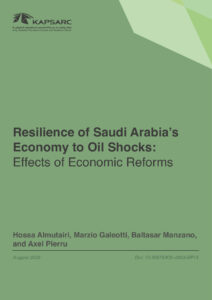
Resilience of Saudi Arabia’s Economy to Oil Shocks: Effects of Economic Reforms
We assess the extent to which the implementation of Saudi Vision 2030 policies enhances the Saudi economy’s resilience to oil price and production shocks, and to the productivity of tradable and non-tradable goods. We extend Blazquez et al.’s (2021) dynamic stochastic general equilibrium model to capture the country’s economic diversification policies and build a resilience index based on impulse responses to shocks.
23rd September 2022
